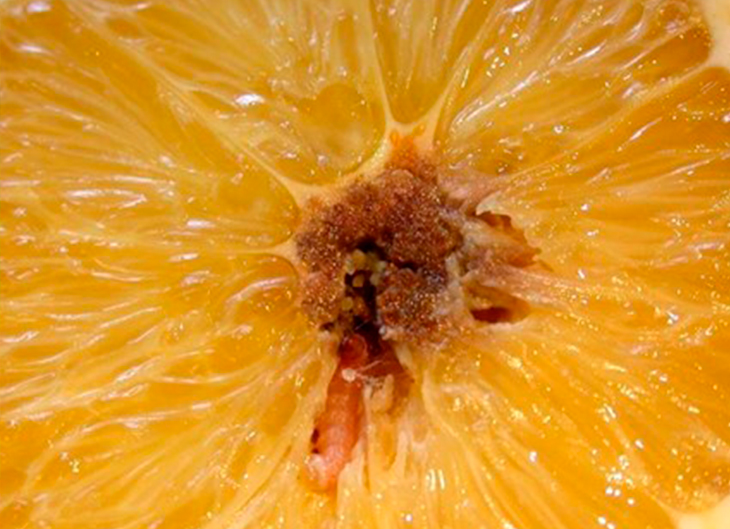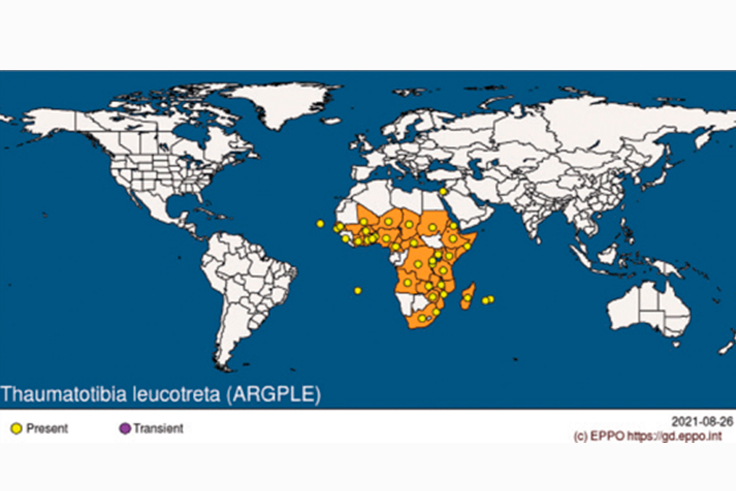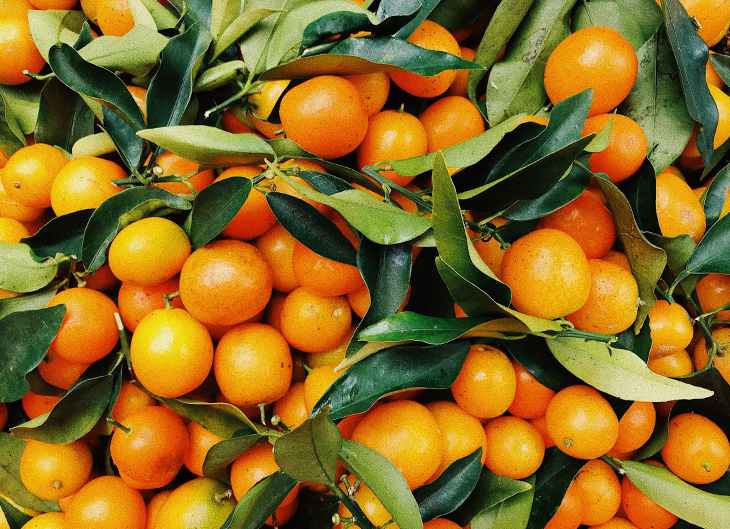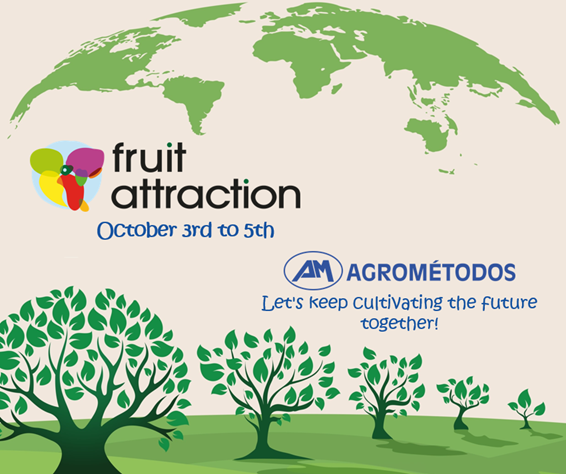
Thaumatotibia leucotreta or false moth (FCM), a new pest that is on the horizon for citrus fruits in Europe
Thaumatotibia leucotreta is a moth of the family Tortricidae, believed to be native to the Ethiopian region, being present in Israel, all of Central Africa and South Africa.
This pest deposits the eggs on the skin of the fruit where when hatching, the larvae penetrate it and feed on the inside, passing through five larval states. At the moment that the larvae are fully developed they emerge from the fruit and fall to the ground, where they hide under the remains that cover the ground or at a shallow depth of it, making a silky cocoon with remains of earth and inside which it remains in the form of a chrysalis until it emerges as an adult being the females larger than the males. Adults are nocturnal. T. leucotreta does not suffer diapause, so in most areas where it is found it is present all year round with overlapping generations, which feed on the available fruits of its host plants.
Thaumatotibia leucotreta is a tropical/subtropical species whose development is limited by low temperatures. Eggs abort at temperatures below 1 °C, and exposure to temperatures below 10 °C reduces the survival or development of various stages of the lepidopter’s life.
In citrus fruits it can cause early fall of the fruit and can favor the appearance of secondary infections by fungi and bacteria, causing serious economic losses and that is why the False Moth is a quarantine and priority pest in the EU – in the top 20 of the pests with the greatest economic and environmental impact – and represents a serious risk for the Community countries producing citrus fruits when citrus citrus growing countries are imported from non-EU countries in which this insect is present.

In recent years there have been numerous interceptions in European ports of infested consignments, which has led the European Commission to commission EFSA to evaluate the control measures to mitigate the risk of entry of this disease into the EU in force in Israel and South Africa. In the case of South Africa, the results of the analysis are alarming: South Africa does not guarantee (with 95% certainty) 100% that the pallets exported are free of the pest.
As South Africa is the leading supplier of non-EU citrus fruits – with more than 800,000 tonnes exported to the EU – and knowing that the rule obliges to ensure the total absence of the disease, these figures are objectively worrying. This may mean the entry of tens of thousands of tonnes of citrus fruits infested with viable individuals, capable of dispersing and, therefore, a very high possibility of introduction and establishment of this pest in the EU.
The introduction within the European regulations of the false moth as a quarantine and priority pest, as the Spanish citrus sector had been claiming, is useless if the Cold Treatment requirement is not imposed, and it is allowed that the third country chooses the “effective treatment” to be applied. This treatment is the only effective one to prevent the entry of this pathogen, as well as other fruit flies, and adjusted to the existing risk and that which the US, China, Korea, Japan or Australia are demanding.
That same treatment is also the one that Spanish citrus exports to any citrus producing country in the world are obliged to carry out to offer full guarantee that there is no possible contamination by Ceratitis capitata.
Cold treatment is certainly the best and therefore the only possible solution in the case of a phytosanitary problem due to a pest that, if it were to enter and spread in the EU, would cause serious economic losses to its main fruit and vegetable crop, citrus fruits, with 550,000 hectares and 10.6-12.3 million tons of production, with very high costs and the highest labour, social, environmental and food safety standards in the world.





